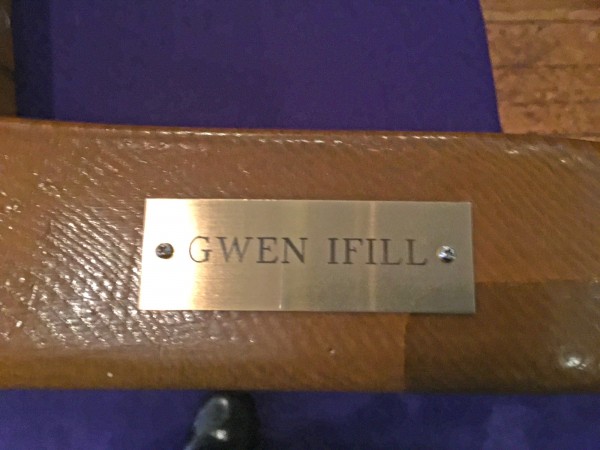LITTLE ROCK, Ark. (AP) -- A federal appeals court on Thursday upheld a judge's ruling that the Little Rock School District has met terms of a long-standing desegregation order.
The 8th U.S. Circuit Court of Appeals in St. Louis ruled that a lawyer representing a group of Black students did not present evidence to support challenges to how the district's desegregation was evaluated.
``The judgment declaring the Little Rock School District to be completely unitary is affirmed,'' the court wrote.
Known as the Joshua Intervenors, a group of Black parents and students contested the district's efforts to be released from federal monitoring.
In 2007, U.S. District Judge William R. Wilson Jr. ruled that the district could be released from court supervision, as it was substantially complying with a 1998 desegregation plan. Wilson ruled that the 27,000-student district had achieved unitary, or desegregated, status.
A desegregation plan was negotiated in 1998 among the district, federal monitors and the Joshua Intervenors, a group represented by Little Rock attorney John Walker.
``Joshua failed to present any evidence in support of its challenges to certain aspects of LRSD's program evaluations,'' the opinion said.
Walker's office said Thursday morning he was in depositions and not available to comment.
A three-judge panel was unanimous in ruling against the Joshua Intervenors, though Judge Raymond W. Gruender issued a concurring opinion.
``I concur in that part of the court's opinion holding that the district court's application of the good faith standard of review did not result in any prejudice to Joshua and in the court's judgment declaring that the Little Rock School District is completely unitary,'' Gruender wrote.
The 2007 ruling followed by 50 years the 1957 desegregation of Little Rock Central High School, in which nine Black students attended the school under the protection of federal troops. The current case got its start in 1982 when the Little Rock School District sued a neighbor to realign district boundaries; the Joshua group was allowed to intervene.
With Blacks having earlier gained a majority on the school board, Wilson said in his 2007 order that he felt comfortable that the district would keep working to improve academic achievements among its 19,000 Black students.
Gov. Mike Beebe said the ruling could lead to the state ending desegregation payments to Little Rock-area school districts.
``We're obviously pleased that Judge Wilson's order on unitary status was upheld,'' Beebe said. ``Apparently that knocks down the roadblocks for Judge Wilson to be able to look at the other two districts, and hopefully we can start reducing the state monies'' in desegregation payments to the districts.
The governor said he didn't know when the state could stop issuing the payments to the districts.
``We'll have to talk to the attorney general and see all the legal ramifications of what all this means, but I think it's a good sign,'' Beebe said.
Moments before the opinion was posted on the Internet by the 8th Circuit, Arkansas Education Secretary Ken James announced to the Joint Budget Committee that Wilson's ruling was upheld. James called the ruling welcome news.






















































































































































































































































































































